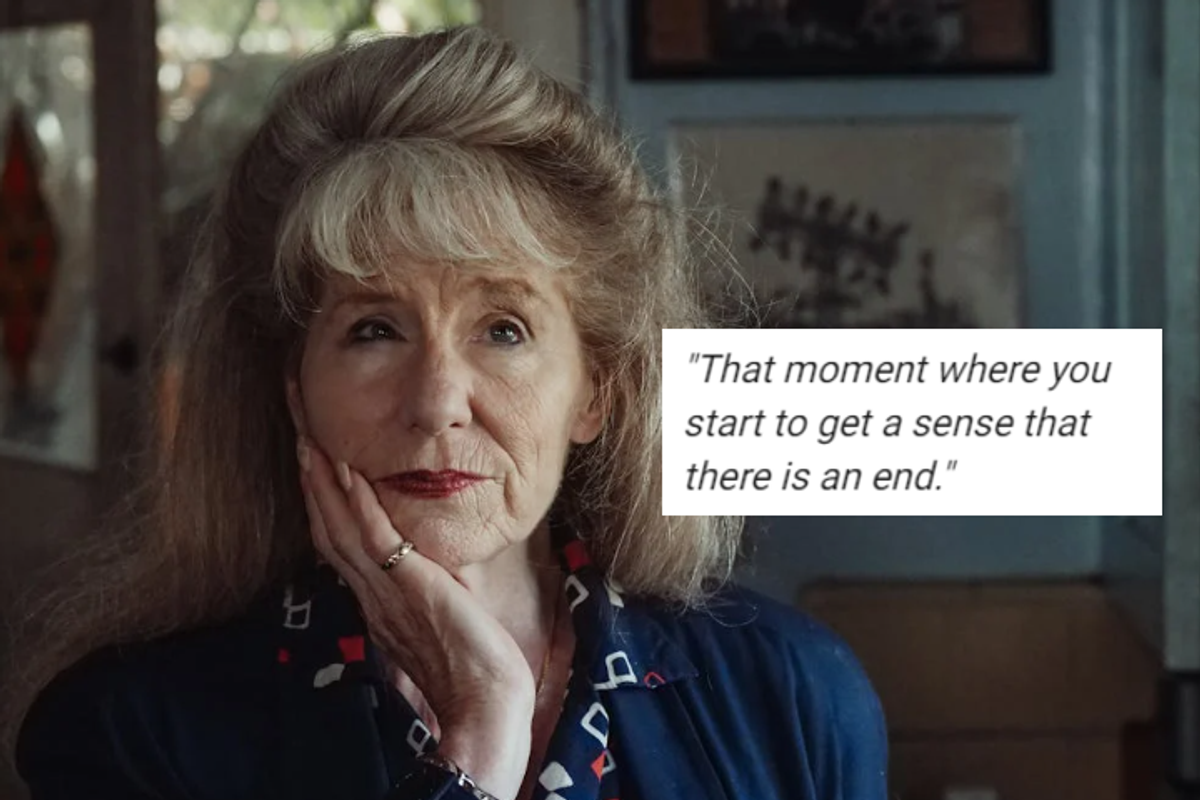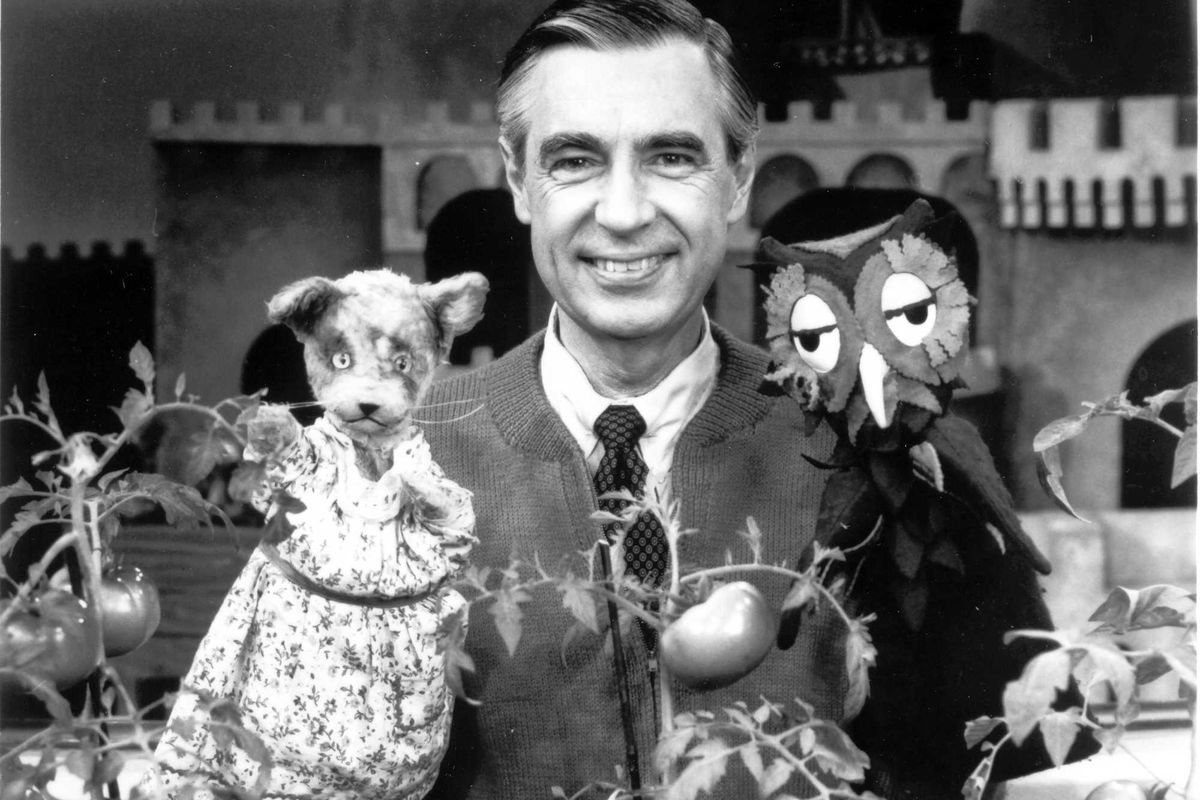The 17 harsh truths about aging that people were never 'prepared' for
"How your mind stays young while your body starts to slow down."

A woman contemplating aging
Many of us feel invincible when we are young, believing we can control the aging process so that we’ll always stay forever young, as Bob Dylan once sang. But there’s a moment when everyone realizes aging is an inevitable process and that, eventually, we will have to deal with a slow decline in our physical and, quite possibly, mental capabilities.
This realization and understanding that we won’t be here forever can profoundly change one’s perspective on life. Even though aging is inevitable, studies show how we think about the process can significantly impact our longevity. People with a positive view of aging live an average of 7.5 years longer than those without.
Things happen as we age that are impossible to describe to younger people. However, a group of Redditors did an excellent job of explaining the truths about aging that they were not “prepared” for in a recent thread that made a lot of people feel seen. A user named sofiagympixie asked the AskReddit forum, “What’s a truth about aging that no one prepared you for?” and it received over 2,700 responses.
A big takeaway is that many people feel like they stop mentally aging at a certain point, usually in their late 20s. Still, the continued physical aging they experience makes them feel like they cannot relate to the person in the mirror.
"That moment where you start to get a sense that there is an end."
2. It takes energy to keep everything afloat
4. The past feels closer than it is
"When you get a flashback of a good memory and you realize that was over 10 years ago."
"When I told my daughter about something I did 24 years ago, I had to pause for a moment."
Time flies isn't just a saying. Psychologists agree that our minds lump time together based on novel experiences. When we are older, the days are a lot more similar than when we were young children. That's why when you're 80, time moves a lot faster than it did when you were 8.
5. Stuck in the wrong time
"I’m 61, and sometimes I feel like this world is not for me anymore. I feel almost like an imposter. For example, I can’t find clothes I like that fit correctly, TV is abhorrent, only old music sounds pleasant, shoes are uncomfortable, I don’t recognize most celebrities or famous people in the news or tabloids, and I don’t understand the need for most new and supposedly exciting products. I’m an educated person, I still work and have an active life. I’m not a recluse. But a little at a time, I feel the world is moving on without me. I finally understand why, in her final years, my mother only watched movies from the 1950s and reminisced about the past more than she talked about the present. Her world was long gone."
7. Your parents are aging, too
"It's not just you who is getting old. Your parents are getting even older."
8. Time wasted caring about other people's opinions
"Just wasting time in general. No thanks. I want to do as many things as possible!"
"Your friends start to die. It's something I never thought about."
"Man. I don’t even feel like the days are long anymore. I just keep blinking and the weeks go by."
12. You become invisible to much of society
"Things that seemed so important when you were younger, really are not important."
15. Younger people's reverence
"Doors start closing once you reach a certain age."
This article originally appeared last year.- Woman’s shocking before-and-after pictures reveal the truth about panic attacks ›
- Please read this before you post another RIP on social media. ›
- Ruby Bridges' mother passes at age 86. As a mom, I am in awe of her strength and courage. ›
- 20-year-olds share their 'hardest pills to swallow' about becoming adults - Upworthy ›
- The fascinating reason people looked a lot older in the past than they do today - Upworthy ›
- Study discovers people don't age steadily, but in dramatic bursts at two specific ages - Upworthy ›
- 15 hard truths that people swear made their lives so much better - Upworthy ›
- Scientists pinpoint the exact 'turning point' year when your body’s aging process accelerates - Upworthy ›
- Justine Bateman embraces her face after being told she looks old - Upworthy ›
- 67-year-old offers her 3 (super helpful) pieces of advice for women in their 50s - Upworthy ›
- Decades of studying "SuperAgers" shows exactly how your brain can perform 30 years younger - Upworthy ›
- 11 people share the 'harsh truths' that helped them become far more emotionally mature - Upworthy ›











 A woman takes a dark shower.
A woman takes a dark shower.